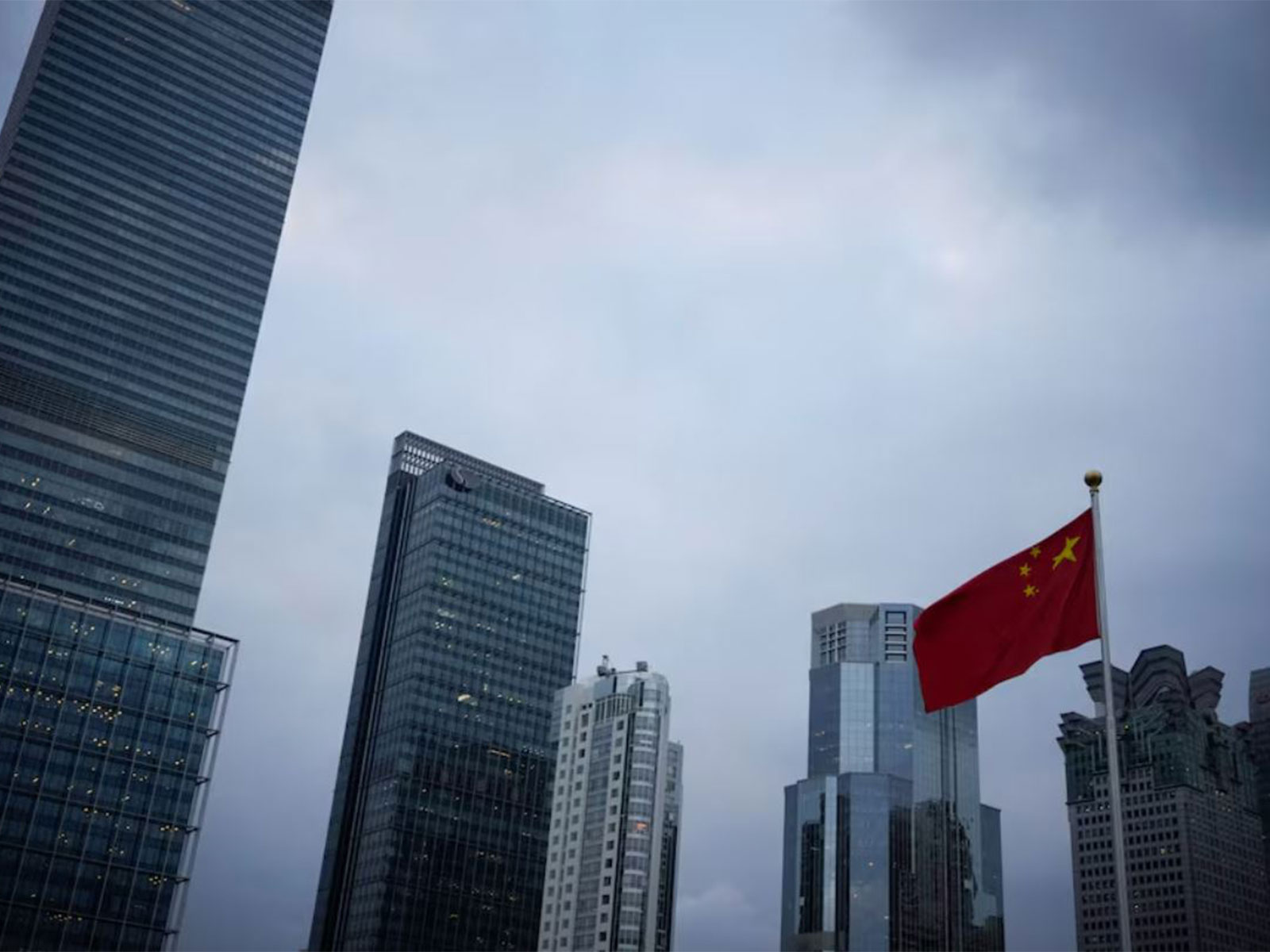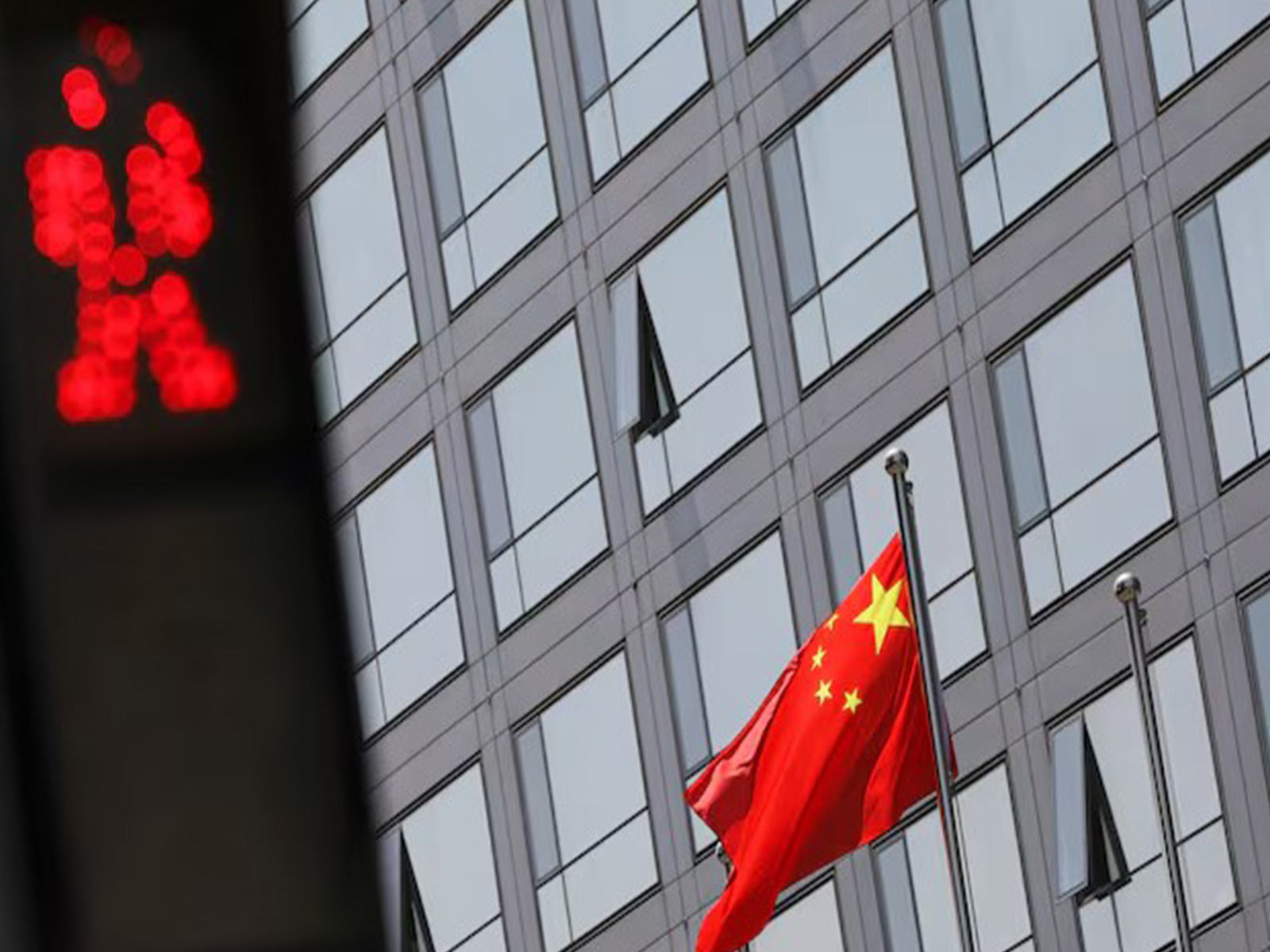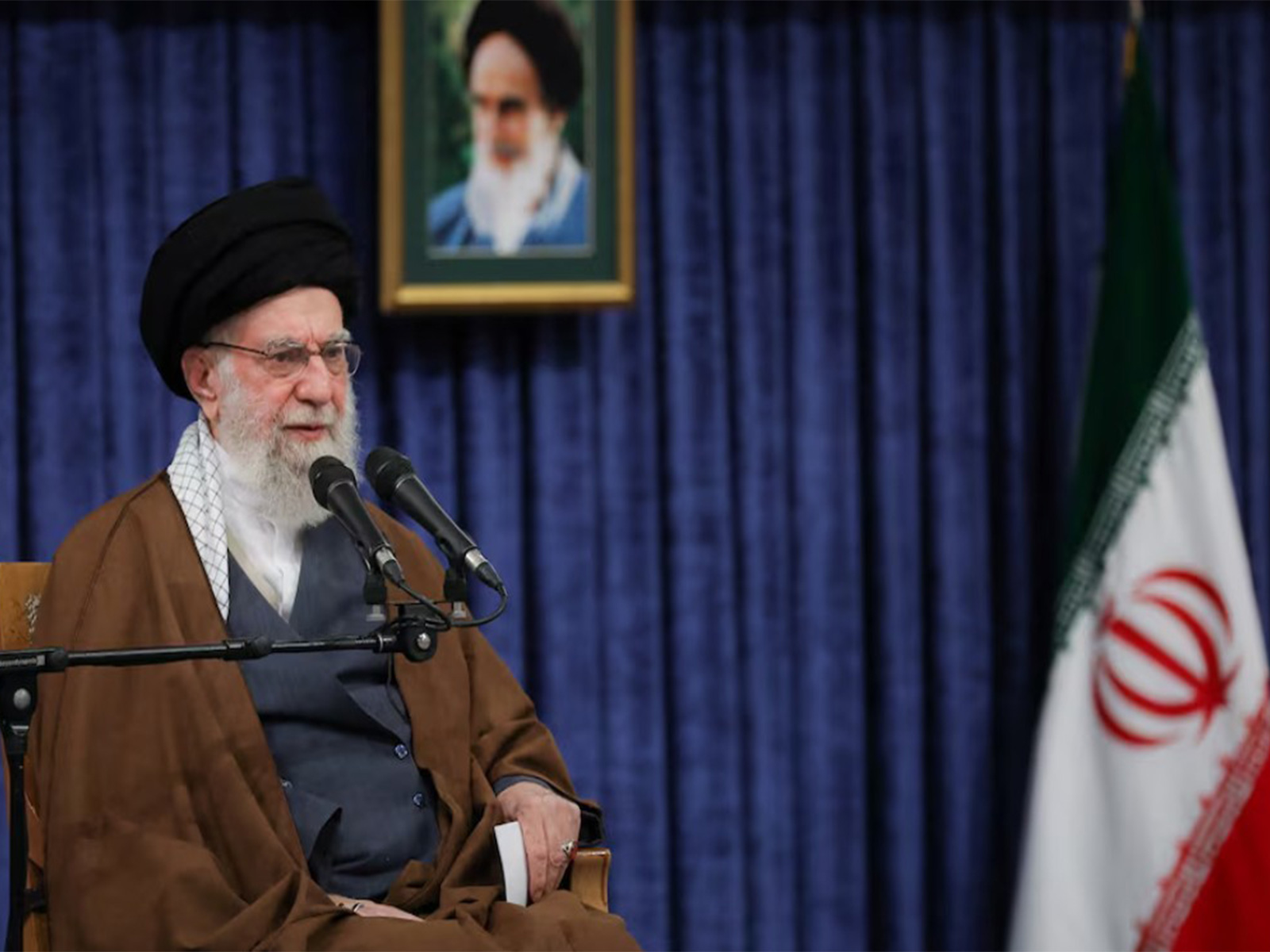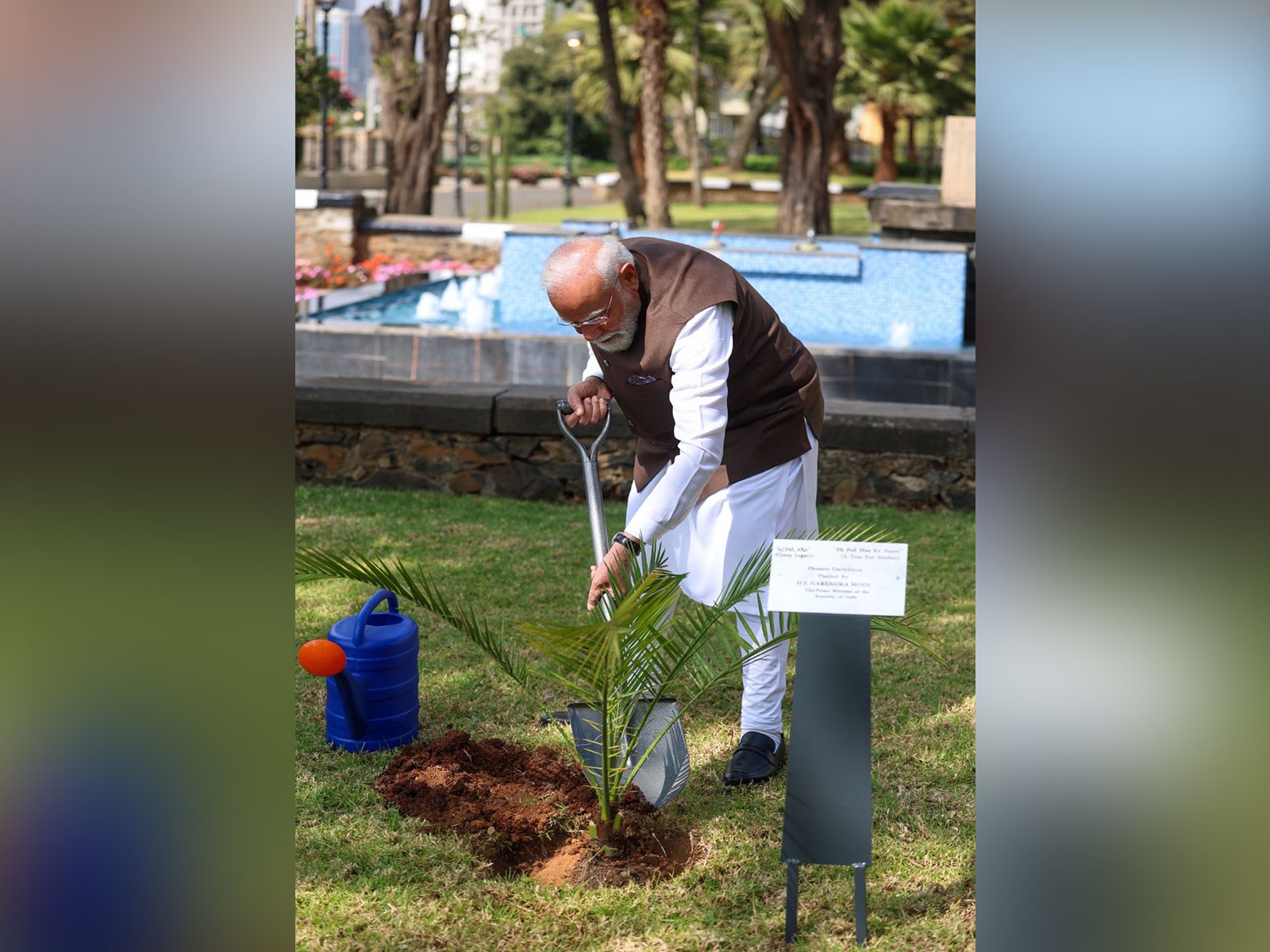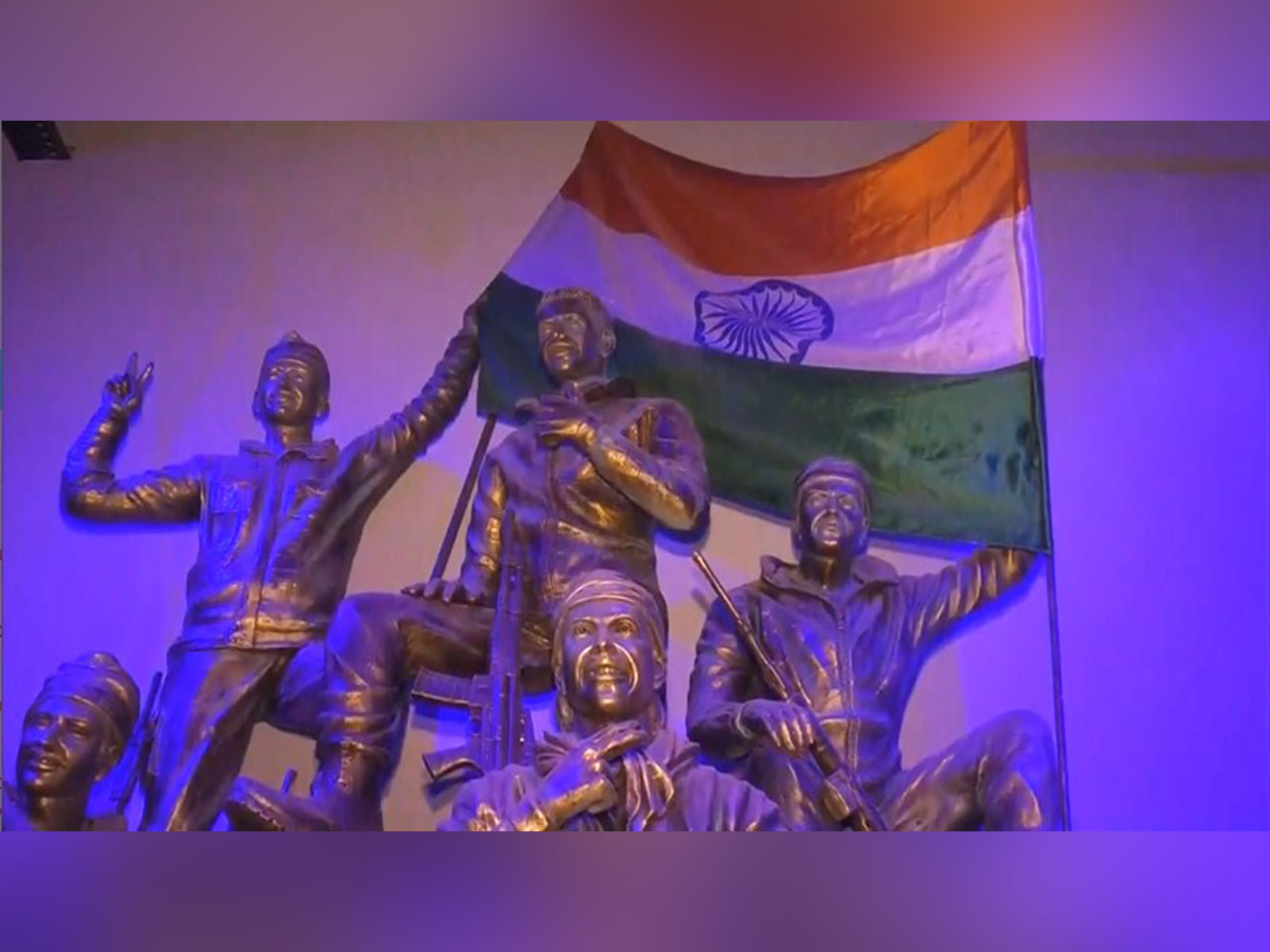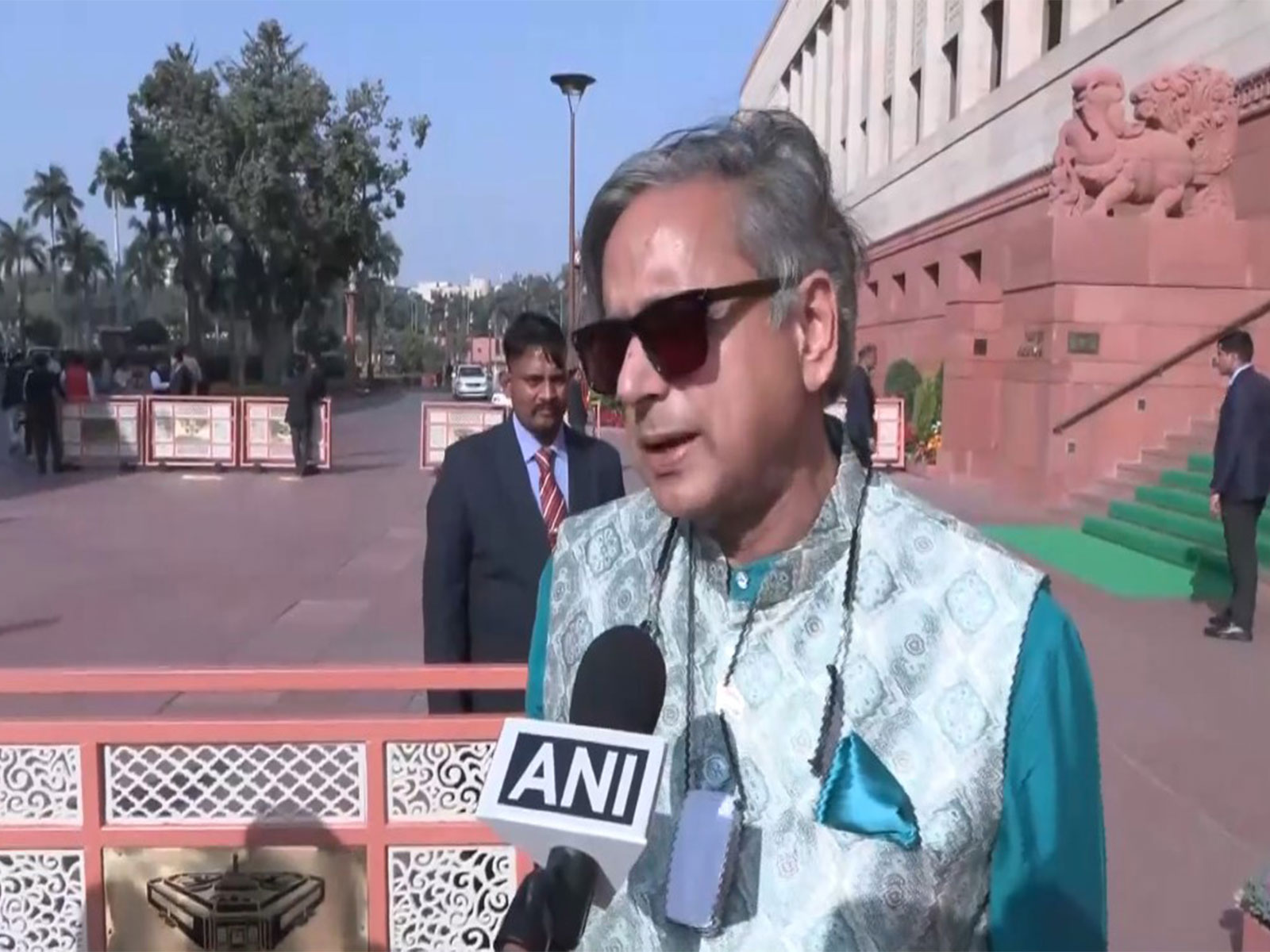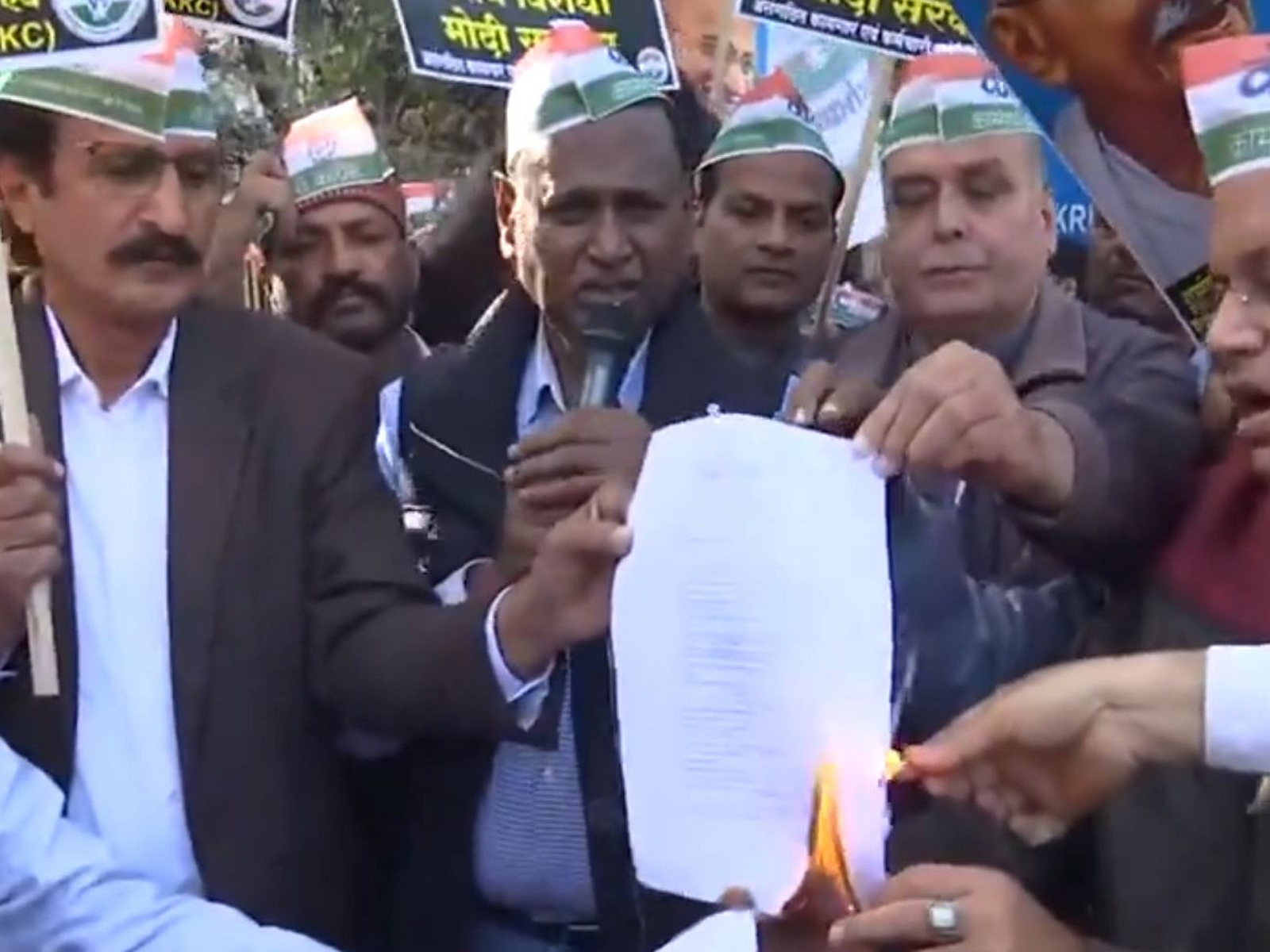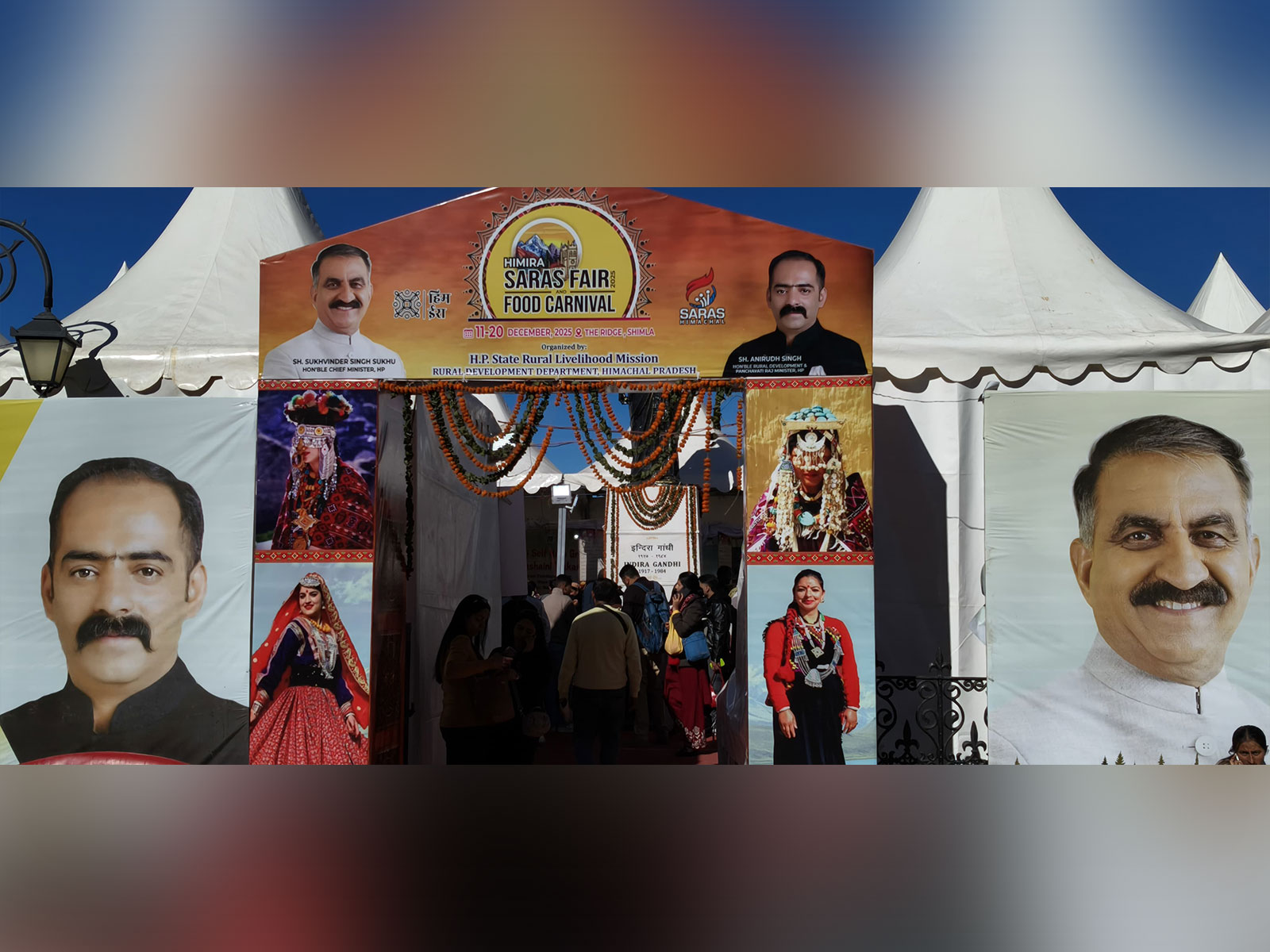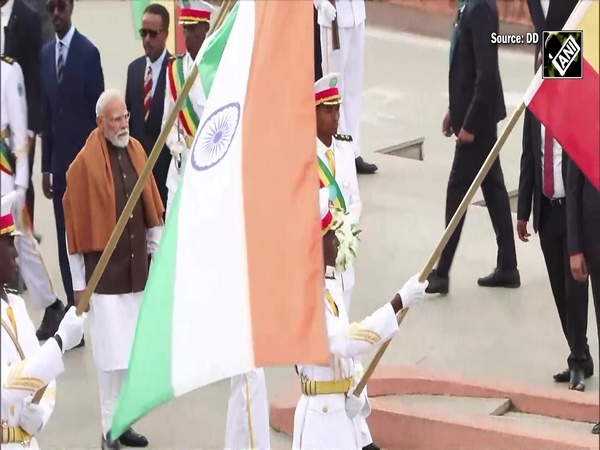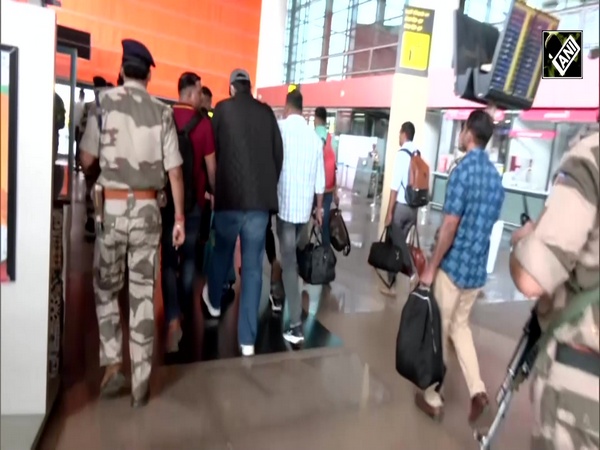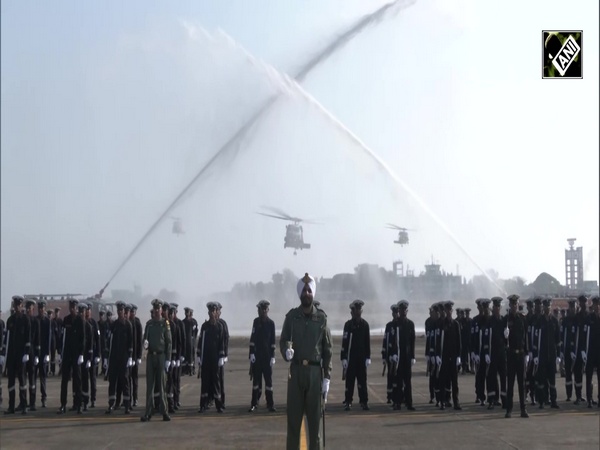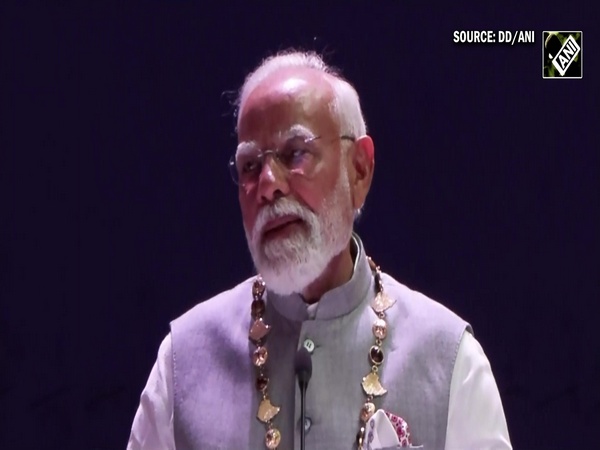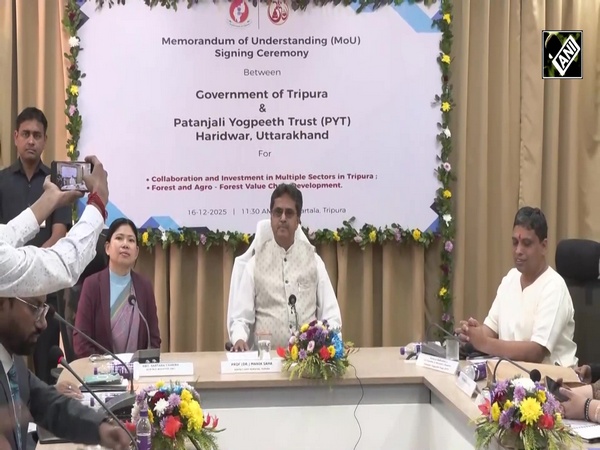India providing financial package to Sri Lanka to help stabilise its economy
Apr 04, 2022

New Delhi [India], April 4 : As Sri Lanka has been going through a severe economic crisis, India is providing a financial package to Colombo so that it can meet some of the more immediate needs and help stabilise its domestic economy.
Emergency rule has been declared in the island nation of Sri Lanka after anti-government protests turned violent. Sri Lanka has been going through a severe economic crisis caused in some measure by a shortage of foreign exchange resulting in lengthy power cuts, price spirals and a shortage of essential items.
The Sri Lankan rupee is fast depreciating against the dollar and foreign debt is mounting. The Sri Lankan government's income has also taken a big hit due to a drop in tourism that has given rise to gas and fuel shortages, leading to massive power cuts.
As New Delhi is providing financial assistance to Colombo, India has announced another USD 1 billion as a credit to Sri Lanka to help shore up the sinking economy of the island nation. The USD 1 billion line of credit to Colombo will help in keeping their food prices and fuel costs under check.
Last month Sri Lankan President Gotabaya Rajapaksa met Prime Minister Narendra Modi and briefed him on "initiatives being taken by both countries to increase bilateral economic cooperation, and conveyed his thanks for the support extended by India for the Sri Lankan economy."
PM Modi has conveyed to Sri Lankan Finance Minister Basil Rajapaksa, who has visited India twice in recent months, that the latter would always stand with the island nation as it occupies a central role in New Delhi's "neighbourhood first policy."
"Had a good meeting with Sri Lanka's Finance Minister @RealBRajapaksa. Glad to see our economic partnership strengthen and investments from India grow," PM Modi tweeted.
In February, New Delhi provided a short-term loan of USD 500 million to Colombo for the purchase of petroleum products through the Ministry of Energy and the Ceylon Petroleum Corporation on behalf of the Government of Sri Lanka.
Three months before that, in November 2021, India gave 100 tonnes of nano nitrogen liquid fertilisers to Sri Lanka as their government stopped the import of chemical fertilisers.
The total fuel delivered to the people of Sri Lanka, over the last 50 days, amounts to nearly 200,000 MT including a consignment of 40,000 MT, by Indian Oil Corporation, outside the line of credit facility, in February 2022. Energy Minister Gamini Lokuge thanked the Government of India for the fuel consignments.
The first consignment of rice from India is expected to arrive in SL shortly under this credit facility. The rice shipments could help Colombo bring down rice prices, which have doubled in a year, adding fuel to the unrest. "Rice loading has started in southern ports," said BV Krishna Rao, managing director of Pattabhi Agro Foods, which is supplying rice to Sri Lanka State Trading (General) Corp under the Indian Credit Facility Agreement.
These facilities, negotiated and concluded within a matter of weeks, have proved to be the lifeline for the people of Sri Lanka. Besides, RBI has extended a currency swap of US dollars 400 million and deferred payments owed by Central Bank of Sri Lanka owed to RBI under the Asian Clearance Union worth several hundred million dollars. India's prompt assistance to the people of Sri Lanka at this hour has been appreciated by all sections of the Sri Lankan society.
Several state hospitals issued letters stating that surgeries and lab tests would be suspended due to the prevailing drug shortage. The Peradeniya Hospital for instance announced its suspension of surgeries, but following Indian Minister of External Affairs Dr S Jaishankar's intervention, the hospital resumed surgeries.
Addressing the Asia Economic Dialogue 2022, Health Minister of Sri Lanka, Keheliya Rambukwella said, "We extend our gratitude to India, particularly for the donation of the first 500,000 vaccines."
Elaborating on the economic handling during the COVID-19 pandemic, the minister said, "We are getting assistance from many areas and our neighbour India is always at hand and has been helping us throughout."
Rambukwella further said, Sri Lanka has been borrowing recklessly from China over the last few years to fund its infrastructure projects. Before the pandemic, Sri Lanka owed China about USD 5 billion amounting to 10% of the country's external debt that is dominated by sovereign bonds. Faced with the economic crisis now, President Rajapaksa had asked China to restructure its debt to the country. But according to a report in the Hong Kong Post a few days ago, Beijing actually turned its back on Colombo.
"Publicly, China has only said that the two sides are negotiating the matter and hasn't given any specific details. In recent days, soon after New Delhi extended help to Sri Lanka, Sri Lanka sought a new loan and buyer's credit from China for USD 2.5 billion. It's interesting to note here that President Rajapaksa has been seen as pro-China. But over the last year or so, the mood within Sri Lanka has turned more wary of Beijing."
"A lot of the debt burden on Sri Lanka is a result of China's Belt and Road Initiative projects like the Hambantota Port and Colombo Port City, for which the Chinese agency lent large amounts to Sri Lanka under stiff terms of repayment. Locals have been protesting against some of these projects which they say will affect their livelihoods," Rambukwella said.
"One of these projects is an industrial park attached to the Hambantota International Port, which has incited violent protests by locals because they fear that the area will turn into a Chinese colony. As a result of all of this, Sri Lanka may be reassessing the extent to which it can bank on China. At the end of the day, India has turned out to be a more dependable neighbour. In view of the urgent nature of Sri Lanka's requirement, India worked overtime to expeditiously finalise and start implementing both lines of credit, within weeks."
The Government of India also continues to encourage efforts towards medium to long-term capacity creation through enhanced Indian investment in Sri Lanka in key sectors that include ports, renewable energy, manufacturing, etc.
India and Sri Lanka recently concluded a long-pending agreement to jointly develop oil tank facilities in Trincomalee, and have planned a number of infrastructure projects involving the private sector.
A flurry of agreements announced in recent weeks has allowed the neighbours to move on from the problems of the "immediate past."
"India has pressed the Sri Lankan government to fully implement the 13th amendment to the Constitution to devolve greater powers to the Tamil minority. However, the Sri Lankan side has indicated that a new Constitution is expected to address the issues of the Tamils."
On his first visit to India since he was appointed last year, Sri Lankan Foreign Minister G.L. Peiris said that India's support has made a "world of difference" to Sri Lanka's economic situation. "There's no doubt whatsoever that Indian support at this critical juncture has made a world of difference. It has helped us to tide over the immediate difficulties which were obviously acute, Rambukwella added.
